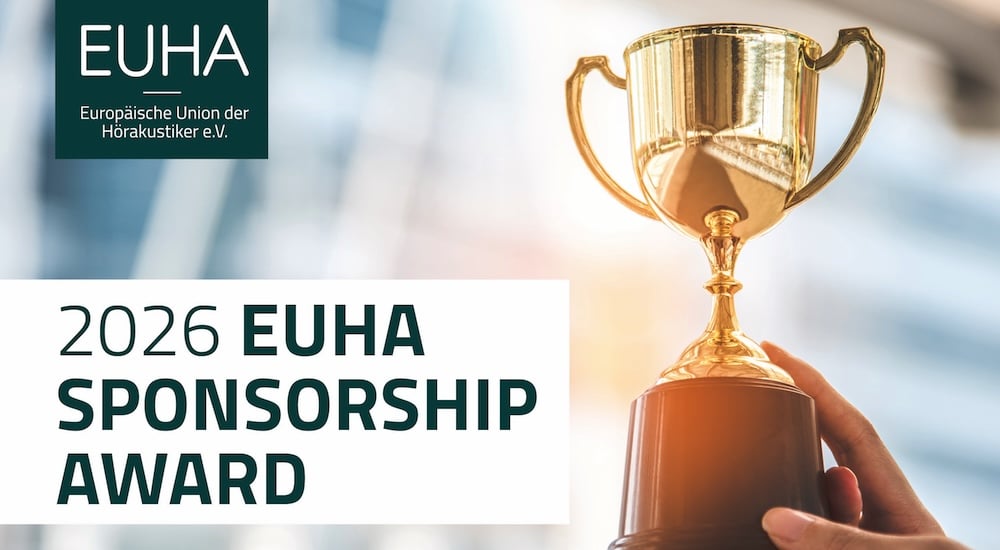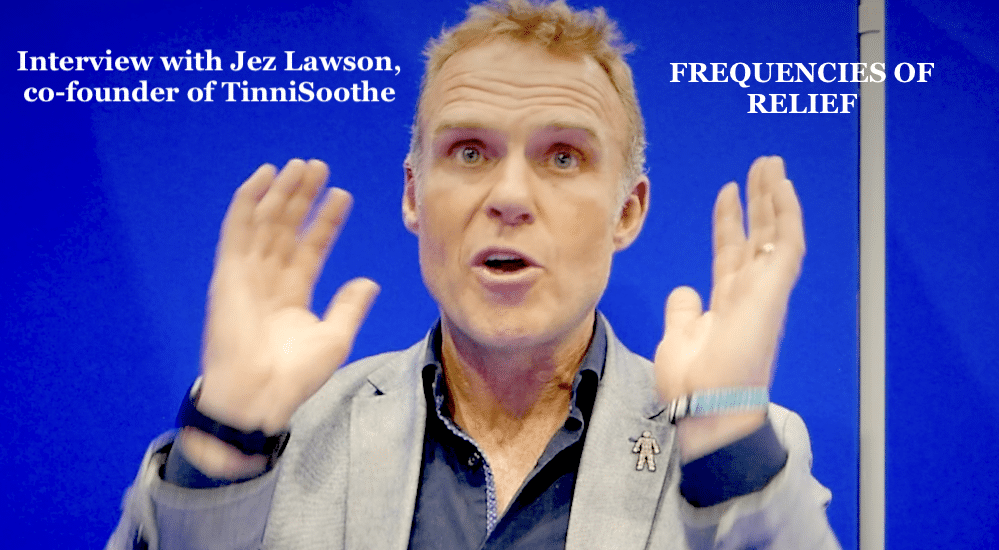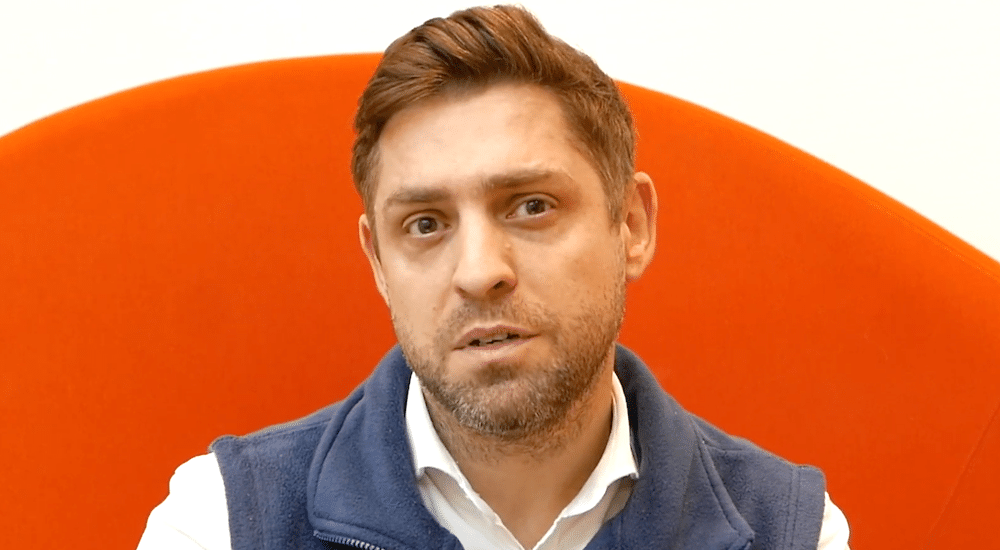Will hearing aids ever be powered by our chewing?
\Ongoing research is exploring powering hearing aids from the chewing motion of our jaws.

Fifty minutes of eating may generate enough power for a full day’s use of a hearing aid. If this renewable alternative energy source can be tapped, it would be an environmentally friendly way of eliminating the economic burden of battery charging or purchasing, and could be harvested inside the ear using an earplug embedded with sensors.
Recent research has studied how jaw movement compreses tissues in the ear canal, creating deformations that can be exploited to create energy. One such study in Montreal, Canada estimated that the chewing done during a meal provides an average power of 26.2 mW in one ear canal. That is enough to provide 22 percent of the energy needed for the daily operation of a hearing aid.
Can this energy be productive?
Another researcher, Michel Demuynck, working on his PhD at Montreal’s École de technologie supérieure (ÉTS), is currently modelling the deformations of the ear canal created by the movements of the jaw. This work will help clarify how much energy the deformations might help produce.
But there is invariably a tricky obstacle to overcome before fantastic innovations can become part of our lives. Finding a way to convert and store the chewing energy is what is currently holding the idea up.
So far, prototypes of piezoelectric material have not proved capable of converting enough energy. Those that come close are not small enough to be integrated into a hearing aid, so flexible printed circuit boards need to be developed so that they can adjust to complex shapes and lead to more efficient converters.
More applications and cheaper hearing aids
Researchers see this technology as extendable to other devices used close to the ear, such as headphones, in-ear sensors, or augmented reality glasses. Being able to chew gum or hum a tune instead of replacing batteries or recharging from the grid could also lower the price of hearing aids.
Source: The Conversation
 Sign in
Sign in

